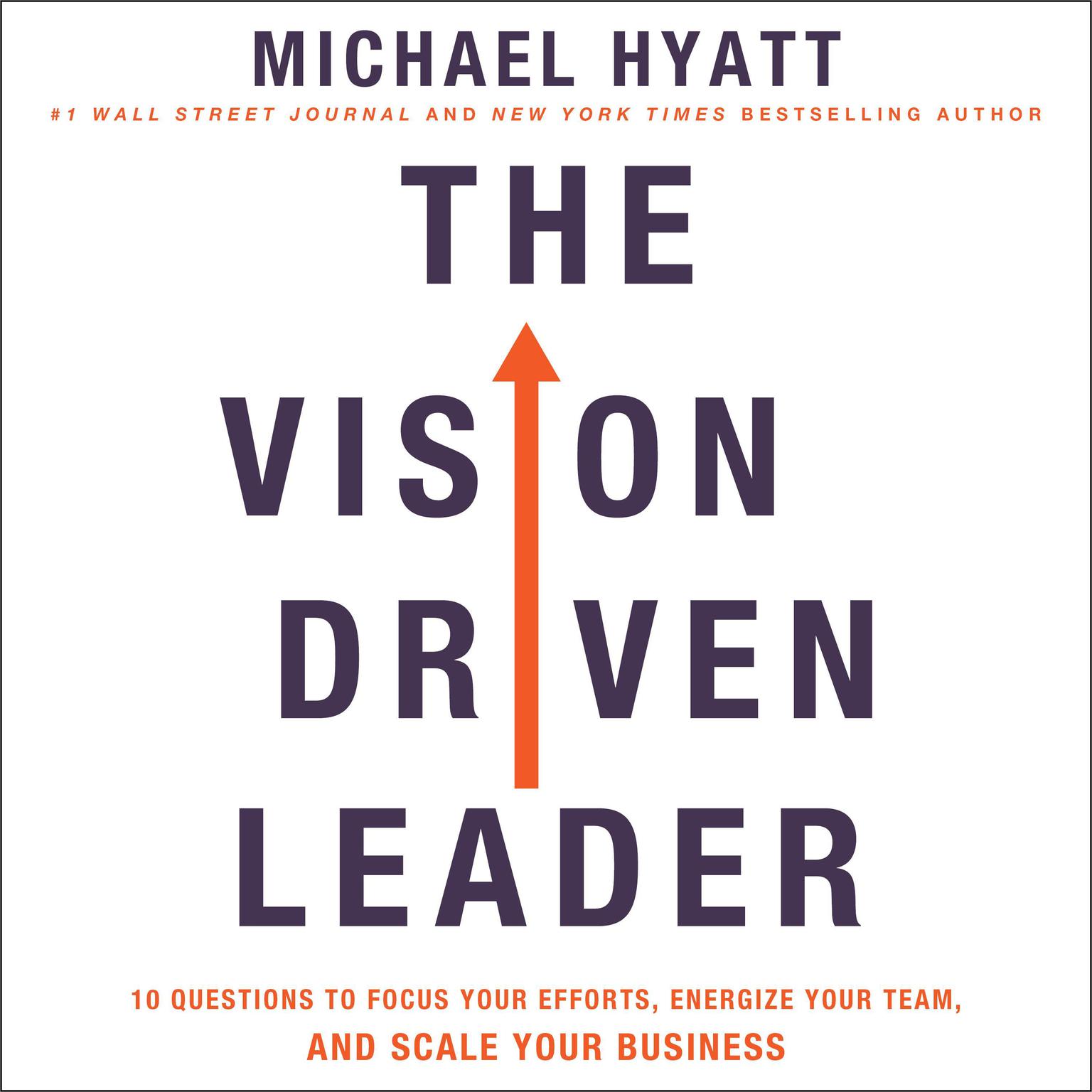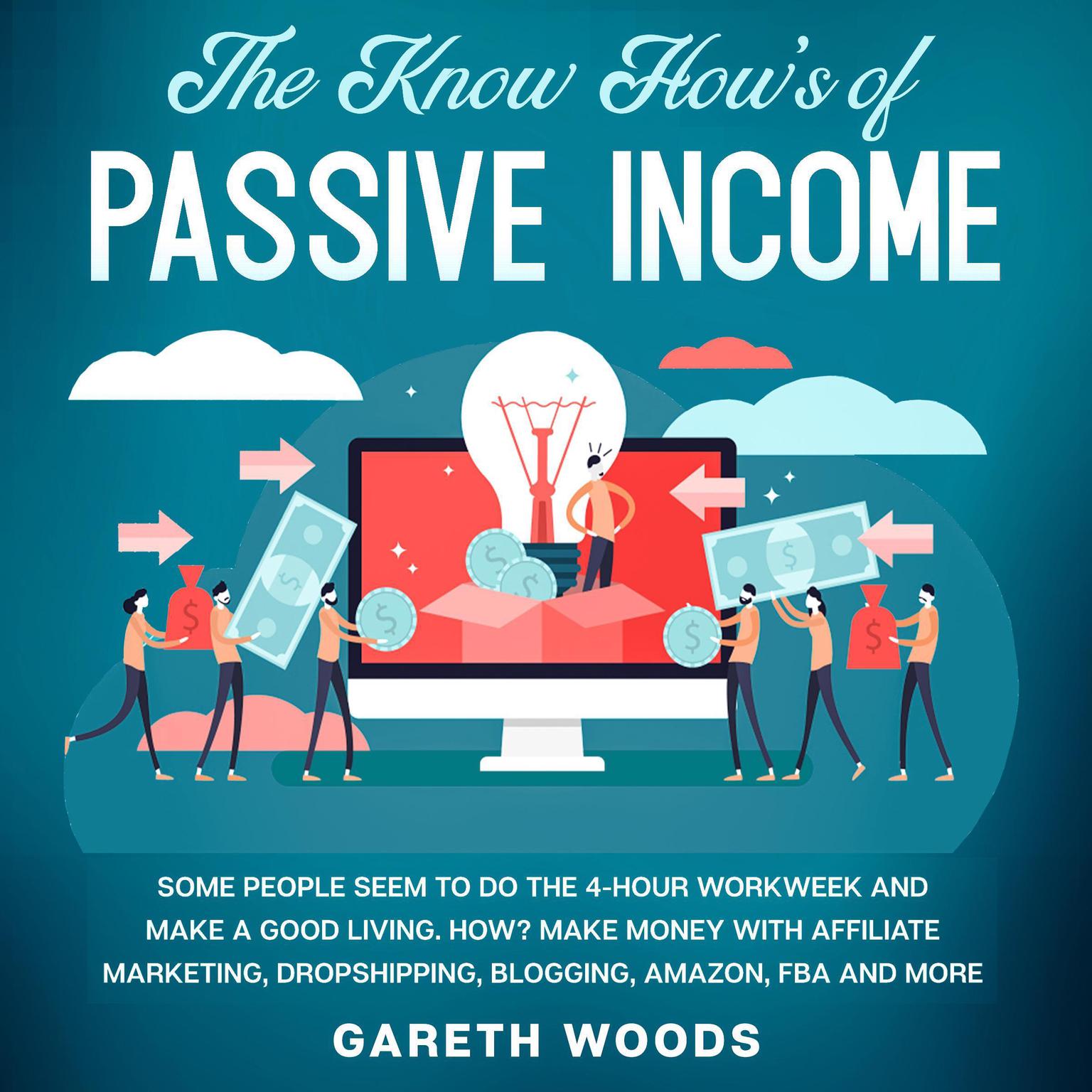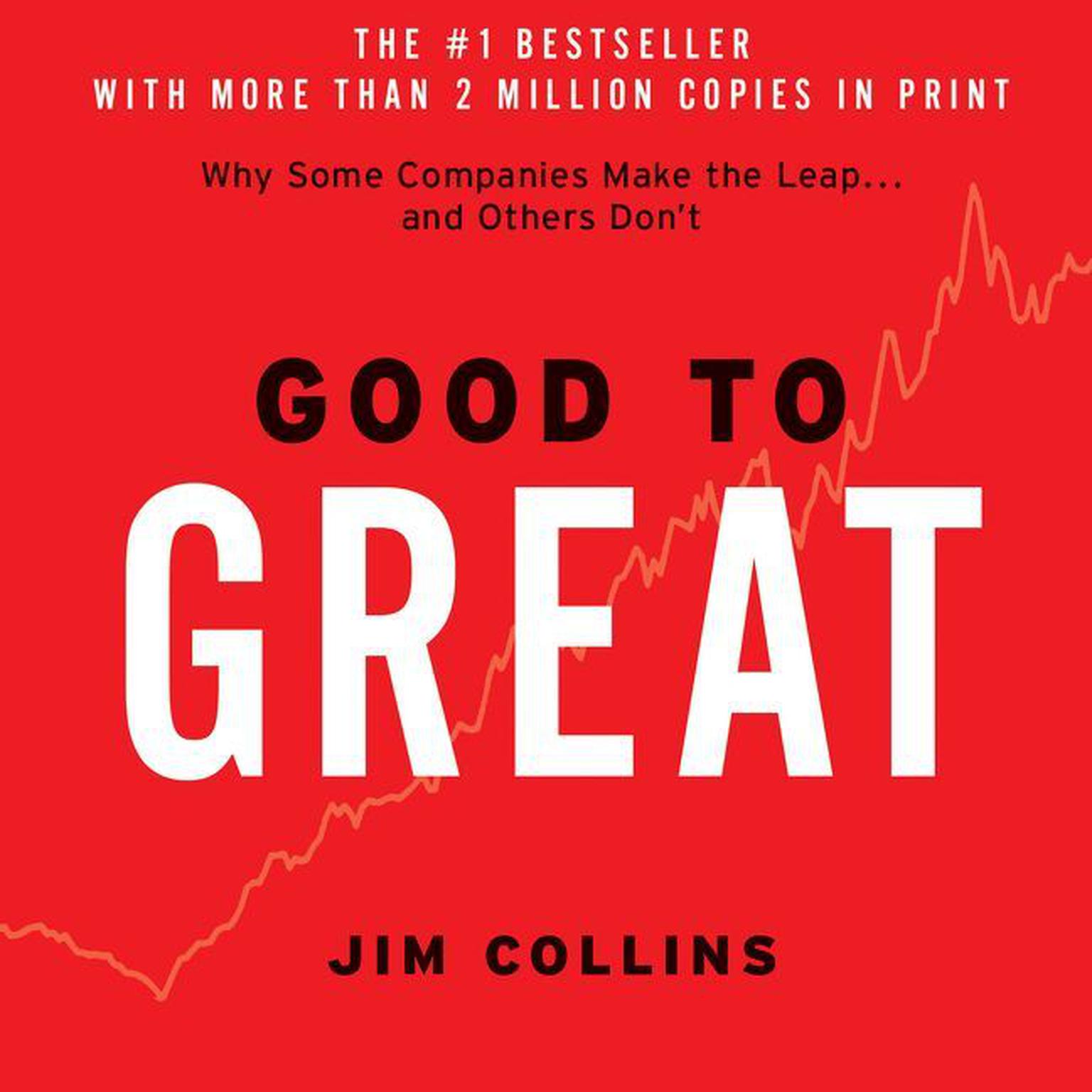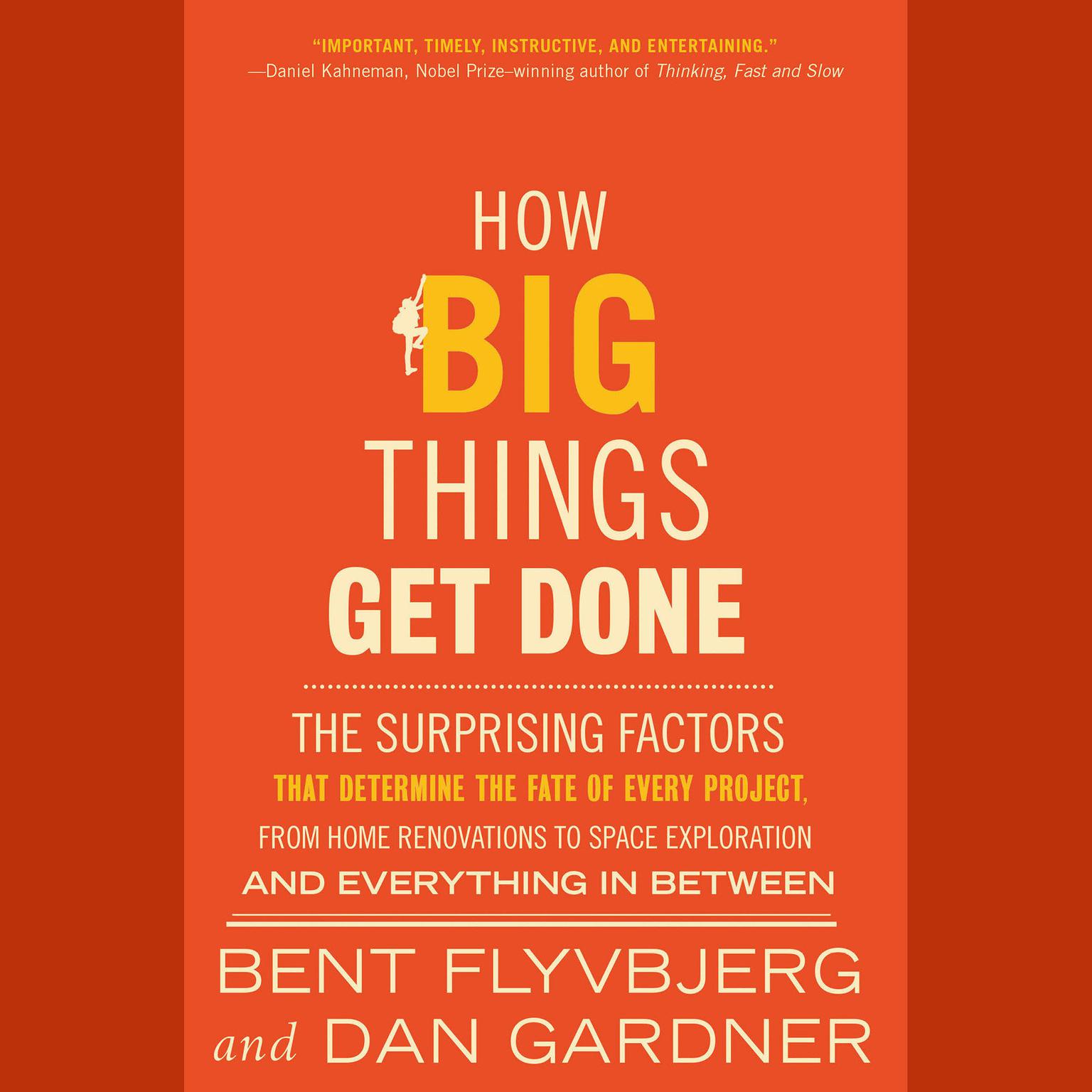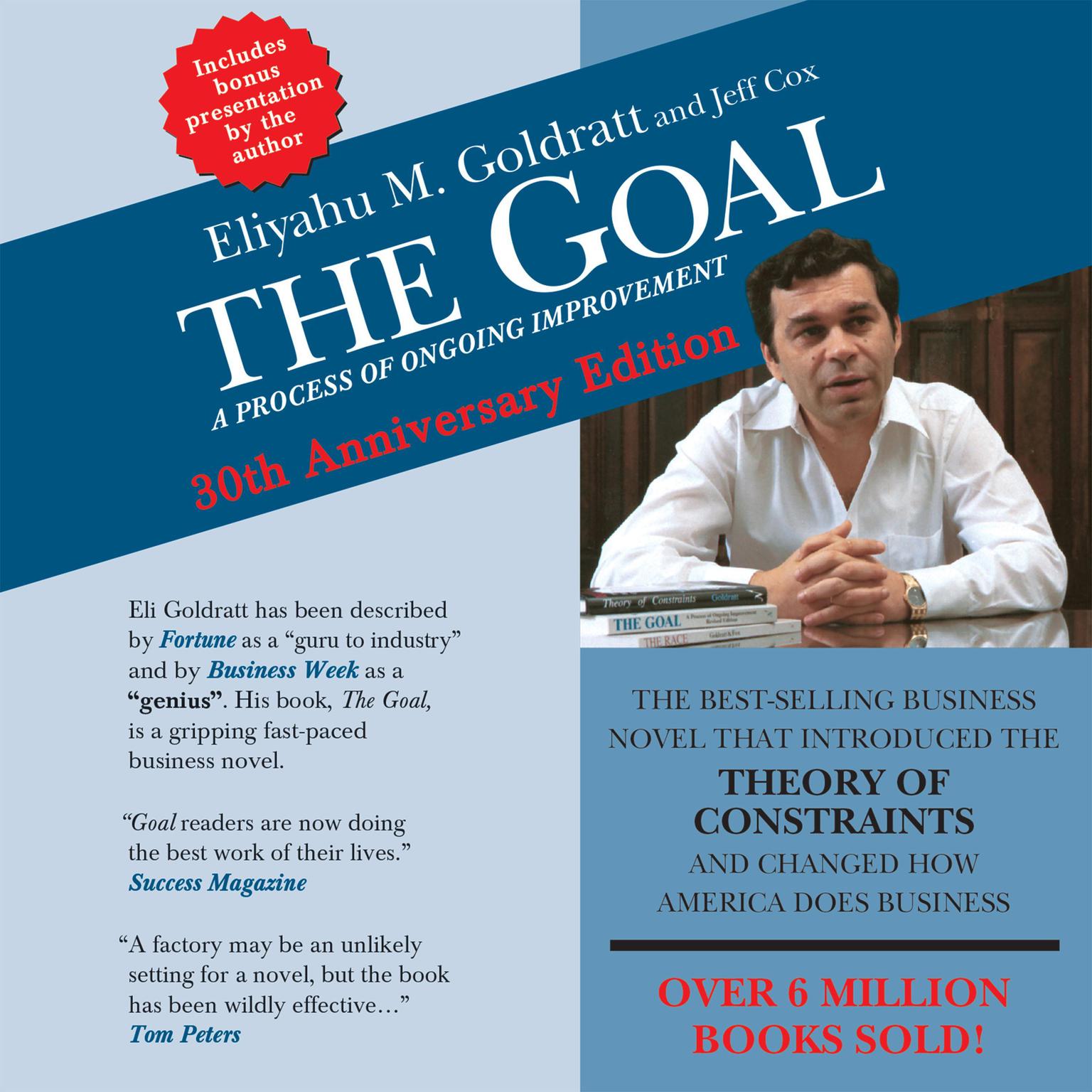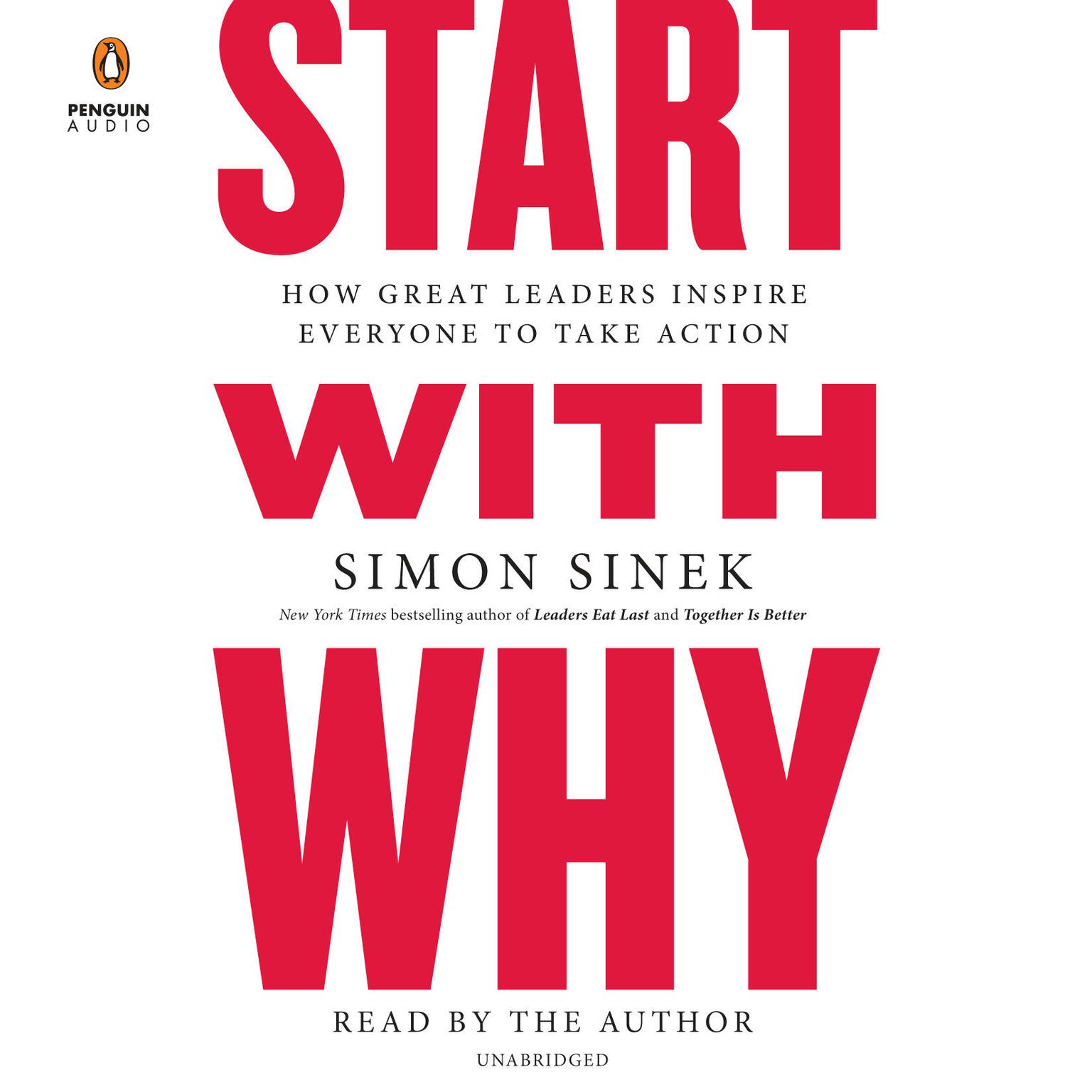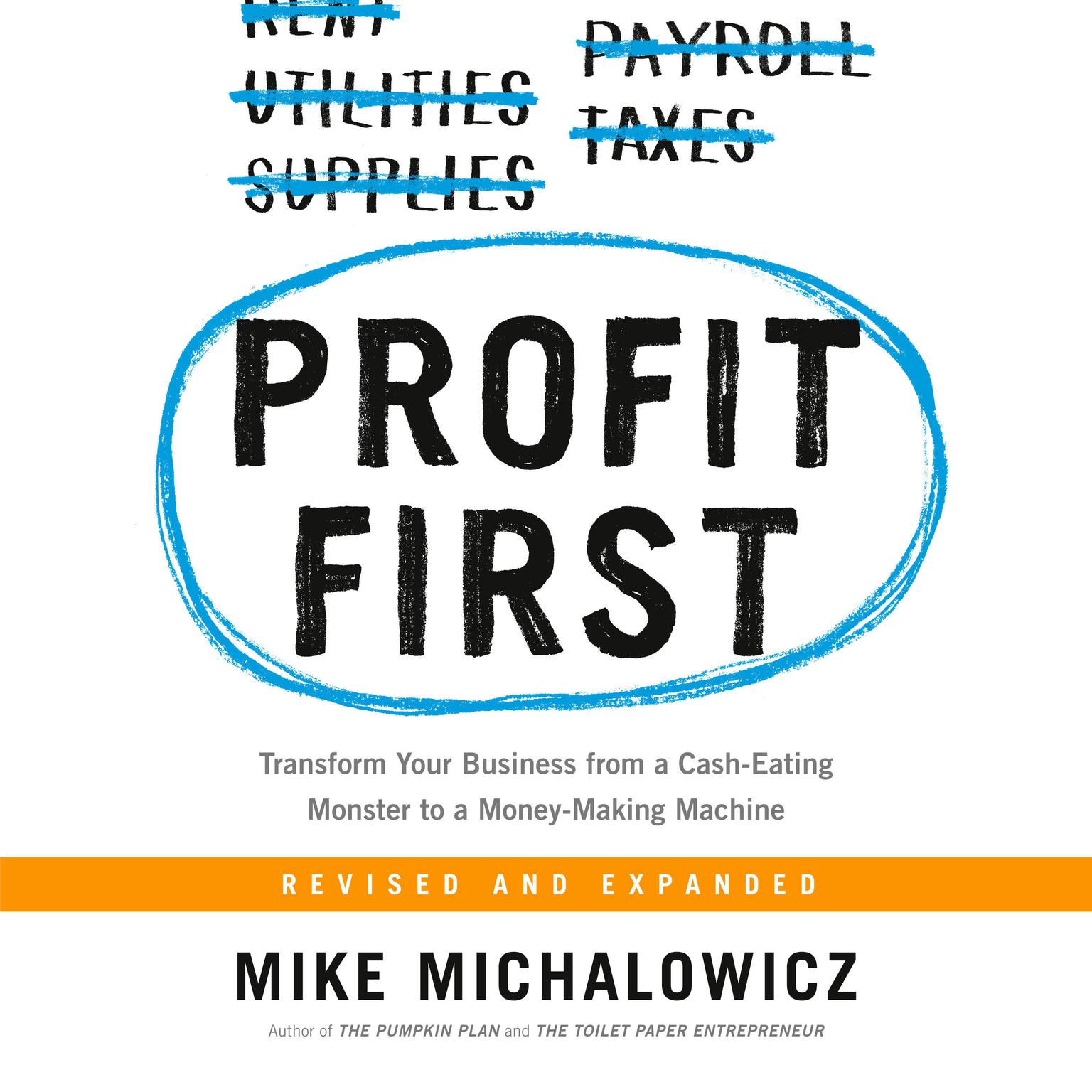Publisher Description
This fascinating three-thousand-year history of the census traces the making of the modern survey and explores its political power in the age of big data and surveillance.
In April 2020, the United States will embark on what has been called “the largest peacetime mobilization in American history”: the decennial population census. It is part of a tradition of counting people that goes back at least three millennia and now spans the globe.
In The Sum of the People, data scientist Andrew Whitby traces the remarkable history of the census, from ancient China and the Roman Empire, through revolutionary America and Nazi-occupied Europe, to the steps of the Supreme Court. Marvels of democracy, instruments of exclusion, and, at worst, tools of tyranny and genocide, censuses have always profoundly shaped the societies we’ve built. Today, as we struggle to resist the creep of mass surveillance, the traditional census — direct and transparent — may offer the seeds of an alternative.
Download and start listening now!
In The Sum of the People, Andrew Whitby tells a gripping tale of humanity, civilization, and power. If you never imagined that a book about the census and the statisticians who conduct it could be a page-turner, think again. At a time when the need for the census is being challenged amid a tide of online big data, this book is also a deeply thought-provoking read.
—
Diane Coyle, author of GDP: A Brief but Affectionate History and Bennett Professor of Public Policy, University of Cambridge

